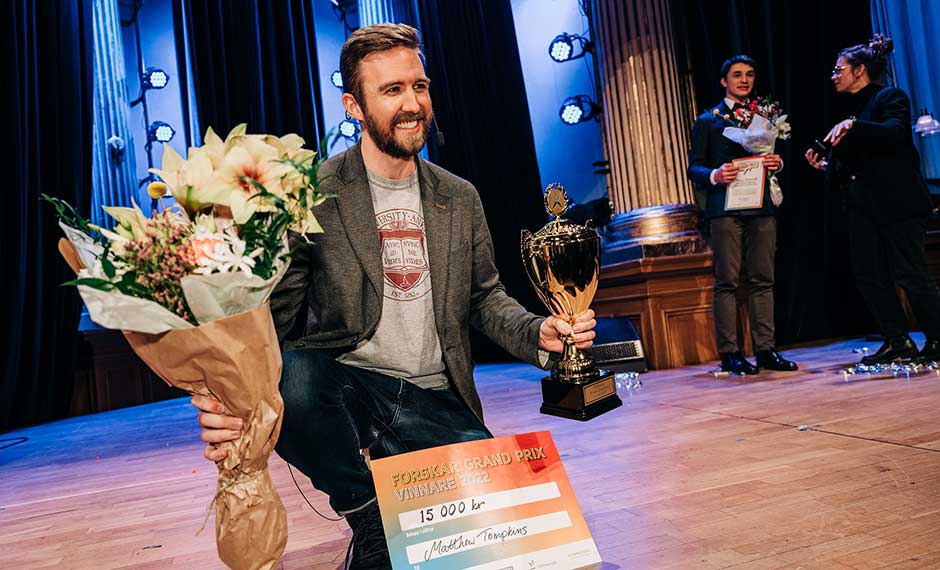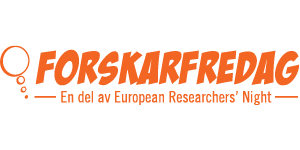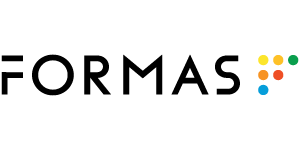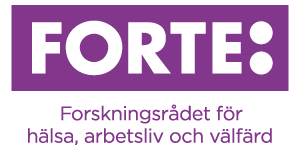Matthew Tompkins from Lund University is a cognitive scientist who used illusions and magic to amaze the audience in the national final of the Swedish Researchers’ Grand Prix in 2022. We interviewed him about his experiences from the competition, his best advice for this year’s participants, and about his passion for magic in psychology.

Fascinated by magic from a young age, performing a double act at children’s birthday parties with his brother, he continued to work as a semi-professional magician while pursuing his studies and research in experimental psychology, studying visual cognition and undertaking experiments on inattentional blindness, misinformation, and metacognitive illusions.
“Early in my studies, my interest in magic and my research were always happening in parallel. But during my doctoral project I went all in, for the first time, integrating magic methods into my psychological research. The basis of my thesis was actually ‘The history and contemporary practice of integrating magic methods into psychological research.’ ”
The history of magic in psychology, he tells us, can be traced back to the late 1800s, more or less as long as experimental psychology has been a formal scientific discipline. Throughout the 20th century, not much work was done in the field, but this started to change in the late 1900s and early 2000s. As an undergraduate student Matthew had the opportunity to work in a visual cognition lab, at a time when a lot of work was being undertaken in the field.
“I’ve been really lucky in terms of meeting people in the field who have provided some really awesome mentorship – for example I’ve had a lot of help and inspiration from Gustav Kuhn, who’s currently a researcher at the University of Plymouth. One of the nice things about this area is that it’s a very small community, there are still not that many people studying magic academically… and certainly not many who are both magicians and psychologists, so it’s still quite a tight knit community.”
Everyone was very helpful and supportive, even though we were technically competing against one another.
His experiences as a real life performer in magic have proved useful when giving lectures, and gave him a head start in the Researchers’ Grand Prix in 2022. After winning the local heat in Lund, he went on to the national final in Stockholm, where he competed against five other finalists from across Sweden.
“I really enjoyed the peer-review process whereby you present to others in the competition. It felt really collaborative, everyone was very helpful and supportive, even though we were technically competing against one another.“
I think it’s really useful to be able to present our research concisely, clearly, and in an entertaining way. And I think the contest is a good exercise in terms of forcing yourself to write with constraints in mind.
What do you think others could get out of this experience?
“I think it’s really useful to be able to present our research concisely, clearly, and in an entertaining way. And I think the contest is a good exercise in terms of forcing yourself to write with constraints in mind. The four minute time limit in particular is an interesting challenge. It’s a little bit like working out, like going out running with a weight belt on. In 90% of speaking situations you are not going to be constrained to four minutes, just like you’re probably not going to compete in races with weights hung around yourself. But if you can train yourself to present content within that framework, I think it massively enhances your ability to do longer talks because you’ve been forced think very clearly about how you select and cut your content.”
“I feel that it’s really important to be able to take specialised research topics and translate them in a way that is accessible to people that haven’t spent many, many years being immersed in the research area. It is important for multiple reasons, because a lot of these ideas can have practical implications related to people’s everyday lives. I also like that we get demonstrate to students just how weird and diverse academic research can be. The possibilities of research can be much broader than what many people outside of academia might conventionally think. And I think this contest is a great way of demonstrating this idea.”
“Obviously, winning felt particularly nice. But, thinking back to the final, even before the voting and scoring and the results were announced, I remember feeling really good about my presentation. I think I would have still been very happy to have participated even if I hadn’t won.”
I feel that it’s really important to be able to take specialised research topics and translate them in a way that is accessible to people that haven’t spent many, many years being immersed in the research area.
Did you get any response from the audience afterwards? Any questions or feedback?
“It’s all a little bit blurry, I’m afraid, because I’d just come off the stage. But we talked about.. and this is, I think, a really important thing to explain to people, that yes, this is actually a job that you can do within academia. The fact that you can take something that you are passionate about, that in other circumstances might be a hobby separate from your work, and find a way that you can integrate it into your academic role. When I say “I’m a psychologist”, the first thing people think about is sitting on a sofa, smoking a cigar and listening to other people’s problems, but – no disrespect intended towards my clinical colleagues – psychology is very much not limited to working therapeutically with patients. It can be much more than that. That is why I do university open days, to meet young people that are thinking about going to the university to show them that you can do all these amazing things that can be combined in surprising ways.”
What did you do with the prize money?
”I spent part of it traveling to a magic convention in London – it’s a bit like a trade show or academic conference – but aimed at magicians, both professionals and hobbyists. I got to meet some old friends from the fields of magic and psychology, and we set up a room where we presented the potential benefits of having magicians and researchers work together.”
Try, as much as possible, to create some kind of demonstration and interactive experience for the audience. In four minutes, it’s a bit tricky, but enable them to experience something, to see something.
Do you have any advice for the researchers participating in this year’s competition?
“Try, as much as possible, to create some kind of demonstration and interactive experience for the audience. In four minutes, it’s a bit tricky, but enable them to experience something, to see something. Rather than just describing and talking at them – try to create a microcosm of your research that they can actually see. What is it that interests other people, and what is it that interests you? Use that as a kind of hook. Magic is very well suited to that, I have an advantage there, but there are certainly many other ways to create these experiences.”
Watch the final and Matthew Tompkins four minute performance “Seeing through illusions” here.
Read his blog post about his experiences from the Researchers’ Grand Prix and check out Science of Magic Association (SoMA).





